Protests
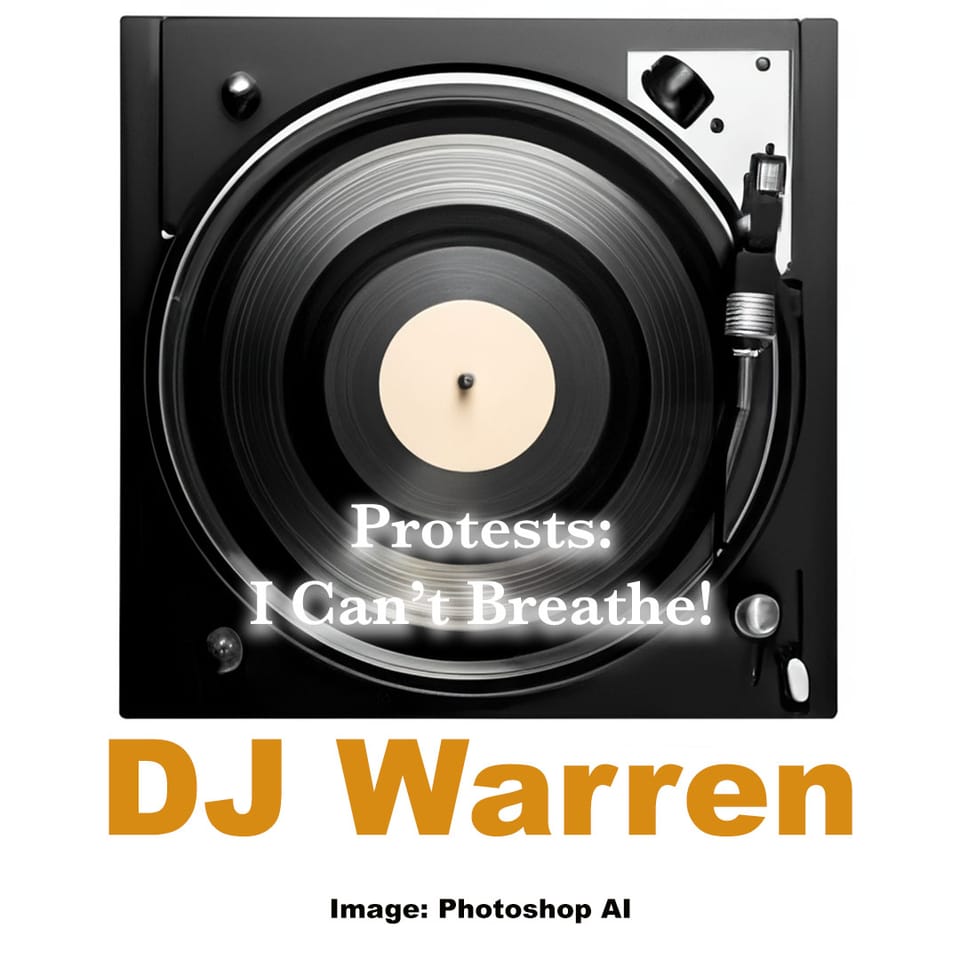
There is an old curse disguised as a blessing that goes "May you live in interesting times!" I'd say by most any measure we're there. A growing climate catastrophe and a national presidential election between an 81 year-old career politician and 78 year-old career con man and philanderer, are only two of more than a couple of handfuls of existential crises we face. We could be days (Did I mention nuclear weapons and Ukraine?) or, at most months, away from our lives changing or ending in ways we can't even imagine.
This is not new. I grew up in the '60s and '70s and there were disasters at every hand. The Vietnam War, political assassinations and racial issues contributed to college students being shot for protesting on their campus. The Democratic National Convention is disrupted with riots that became a legend, second only to the Watts riots in LA. And the list goes on.There was a cultural phenomenon that accompanied this chaos, protest music. It grew from folk music and came to include rock and roll and Motown.
Then six decades later we are confronted with the George Floyd protests that ended in pitched battles between protesters and local police, often supported, frequently clandestinely, by federal law enforcement, both overt and covert (Remember the black vans in Portland?) and, finally armed troops in DC. Remember, "I can't breathe!" chants in the streets? And then Covid.
And in this period of growing chaos, I occasionally wondered, "Where is the protest music?" Below are three songs I've found that honor the role of music in the protest of corruption and systematic oppression.
Several years ago, I was working with my youngest son, as he remodeled his house SE Portland. He had a Bluetooth speaker playing as we worked and in his play list was an album by a rapper named Macklemore. I was attracted to the music despite my admitted antipathy toward rap. I mentioned this to my son, feeling a little self-congratulatory because I was expanding my cultural and musical boundaries a bit! He gleefully let the air out of my virtue signaling balloon when he shared that Macklemore was white and from Seattle.
Ok, all that aside, Macklemore was wrestling with issues of his own when he was accused of appropriating black music, especially after he won the rap Grammy award in 2014. In the process of looking at his own unacknowledged white privilege and his success in a genre of music where white folk are not always welcome, he released "White Privilege II." It was a remix and re-recording of an earlier song he'd written. As it played in the house amidst plaster dust and wood chips, it occurred to me that I was hearing a contemporary protest song that landed like a sledgehammer. It's long but it's definitely worth a listen.
About four years ago, the artist Celeste released "Hear My Voice." It's from the soundtrack of the movie, "The Chicago Seven," a story of the trial of seven activists who were accused of fomenting the protests at the 1968 Democratic National Convention. I was struck by the echo of that event and many more current events in her quiet protest. Her voice and lyrics tell the story of a challenge still faced by millions of Americans who, because of their economic status or ethnic background, are sidelined and dismissed by the systemic racism and wealth disparity that still prevails in American culture and politics.
Her powerful but controlled voice and the lyrics of the song, again, deliver a gut punch if you're paying attention at all.
John Fogerty and Creedence Clearwater Revival's swamp rock sound was big in the '70 and "Fortunate Son" with its pounding drum and howling vocals made it clear he wasn't one of the privileged guys with a draft exemption and he was not happy! The Vietnam War was sending the less privileged to fight in Asia while the powers-that-be exempted thousands who got education exemptions and managed to develop bone spurs in the feet (for example), diagnosed by doctors couldn't resist the financial benefits of a faux diagnosis that kept rich kids home.
In 2007, he released "I Can't Take It No More," a loud protest to the Iraq War and his disgust with its lies and atrocities. It's fast, furious and sung at the top of his lungs.It's clear he was not a happy camper.
In 2021, he stepped up, at the height of the Covid Pandemic, and wrote his most recent protest song, "Weeping in the Promised Land." It's very different from his other protests. It starts with a church bell ringing then launches into an intense but quiet melodic piano hook that can't fail to grab heart strings, at least that's the case for this old guy. I'll shut up and let you listen.
NOTE: I'd enjoy hearing from you if you found this post interesting. You can comment below or on Facebook and Insta.
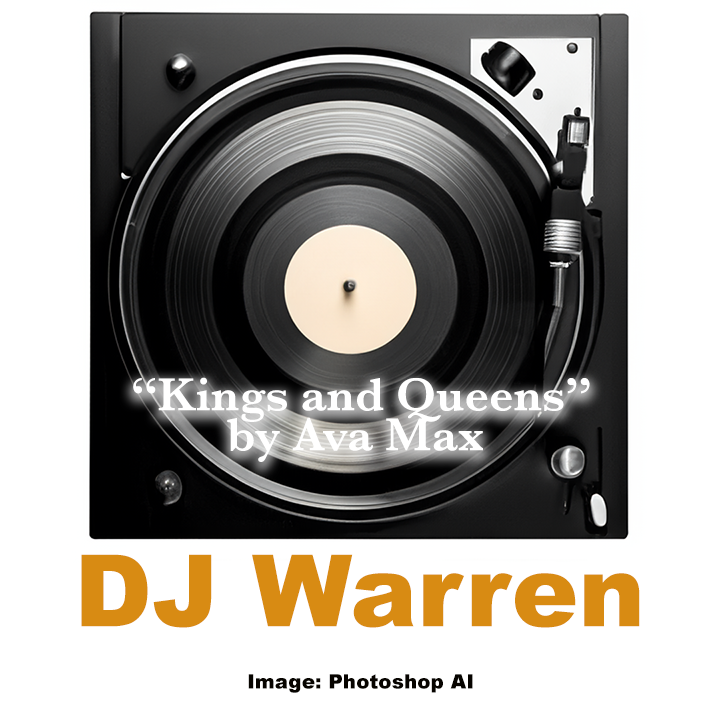
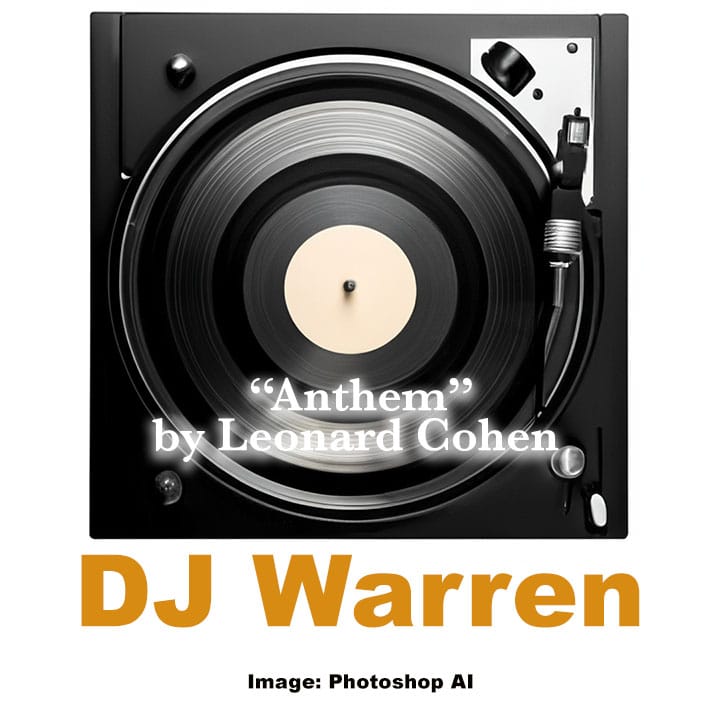
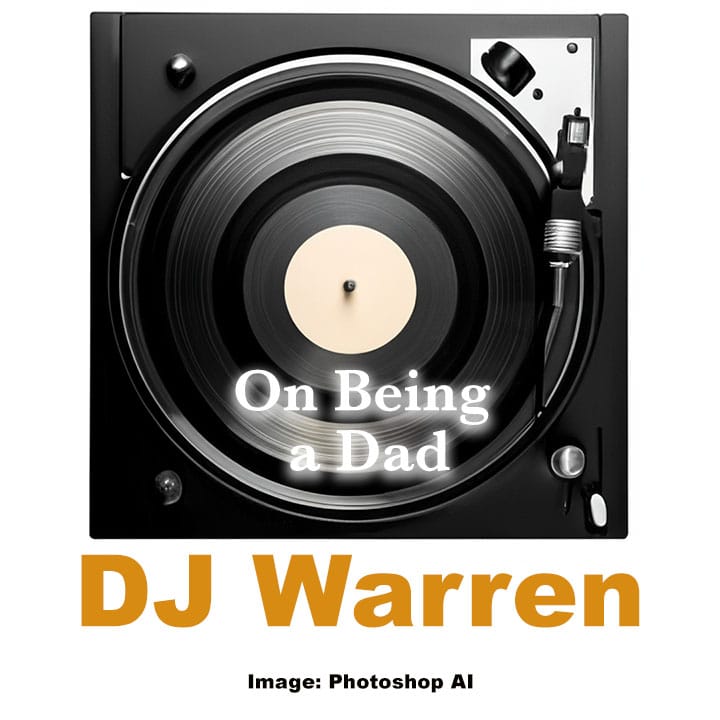
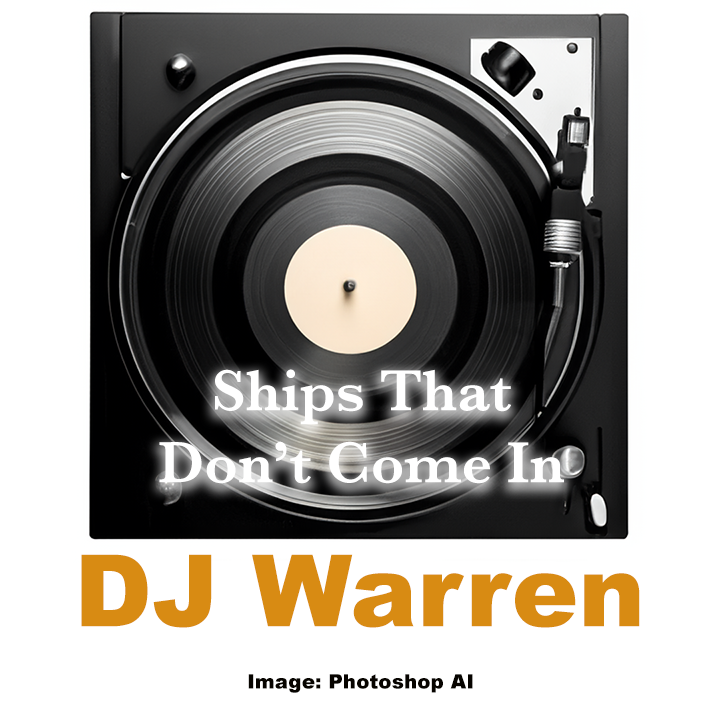
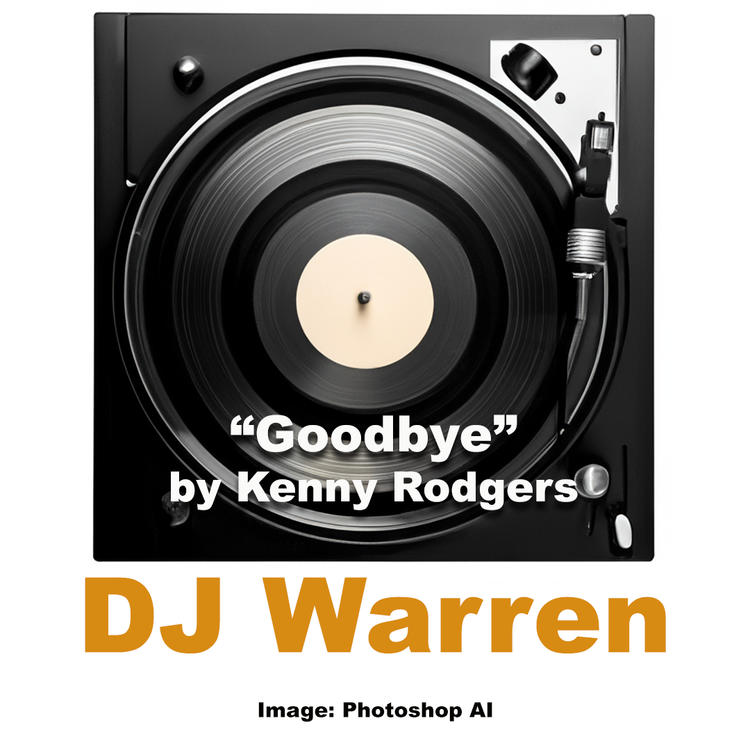
Member discussion